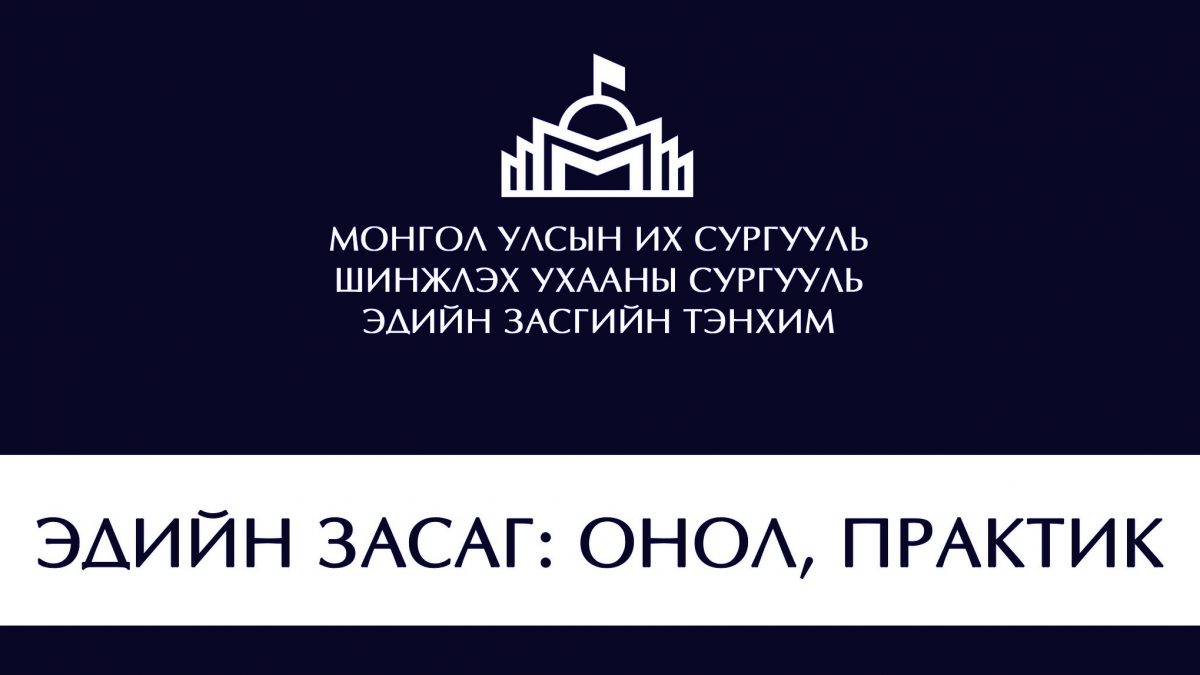Parental Wage Penalty: The case of Mongolia
Keywords:
Keywords: parental and motherhood wage penalty; decomposition analysis; Mongolia JEL Classification: J24; J31; P23Abstract
In Mongolia, since the early 2000s, female labor force participation is declining
down to 50.6 percent in 2023 (National Statistics Office, 2024). It raises serious
concern about the long-term economic growth and the country’s future in general.
In this paper we investigate the existence and the extent of the parental wage
penalty including motherhood wage penalty as a potential factor that prevents
young women to enter and re-enter into the labor force. Based on data from the
Mongolian Household Socio-Economic Survey 2018, we find that the parental wage
premium is 11.93 percent, the fatherhood wage premium is 19.30 percent, and the
motherhood wage penalty is 21.30 percent, respectively. These findings are obtained
after controlling for individual observed heterogeneities such as a range of human
capital characteristics, working industry, and occupation. We also find that the
parental wage penalty differs by education, location, marital status and occupation.
Our research findings echo and update previous literature on the topic and can be
used for comparative studies with the incoming research in developing and transition
economies. Our research has a few limitations. A first limit of our analysis is that
we did not focus on the causality of the wage penalty. The second limit is that we
did not focus on the changes in the wage penalty since our data is one cross section
data from HSES 2018 Mongolia. Parental wage penalty can change over time, and
parental leave policies may play a role in this regard. This is avenue for the future
research.
Downloads
Downloads
Published
Issue
Section
License
Copyright (c) 2024 Economics: theory and practice

This work is licensed under a Creative Commons Attribution-NonCommercial-ShareAlike 4.0 International License.





